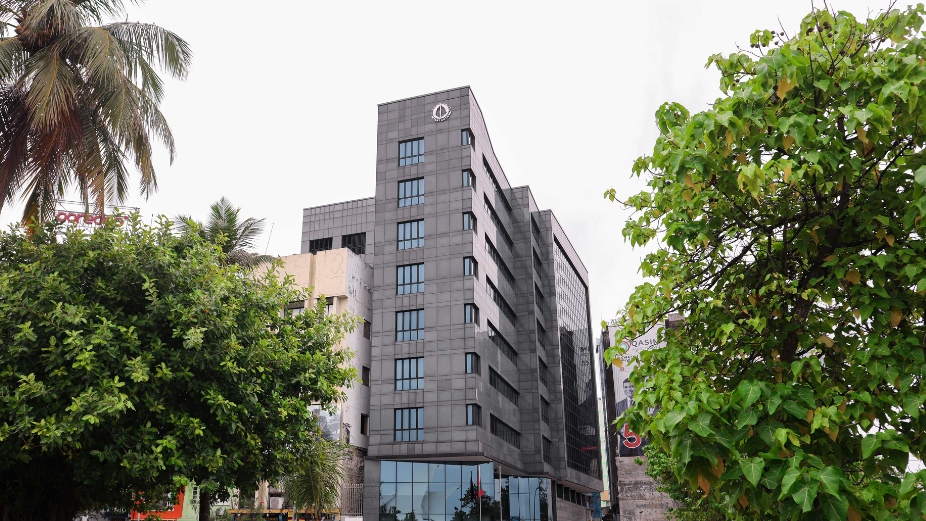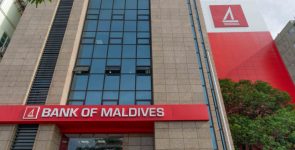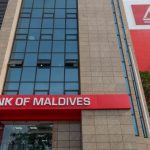
The Maldives Monetary Authority (MMA) is expected to issue an operating license to the Development Bank of Maldives (DBM) within the week, marking a significant step towards the establishment of a new financial institution dedicated to boosting investment in key sectors of the Maldivian economy.
The formation of the DBM is one of President Dr Mohamed Muizzu’s key electoral pledges. He used his powers under the Companies Act to establish the Development Bank of Maldives Limited on 16 May 2024. The Ministry of Economic Development submitted an application for a license to the central bank on 28 July.
Speaking on SSTV’s ‘Editaruge Suvaalu’ show, MMA’s Deputy Governor Ahmed Imad revealed that the initial application had been incomplete, with the central bank only receiving all the necessary paperwork by 16 September.
According to Imad, the purpose of the DBM is to support infrastructure development projects and enhance private sector investments, particularly in the resort sector. “If we are able to achieve these goals and the development bank is run in accordance with the plan, there are certain benefits for the Maldives,” Imad said.
He also confirmed that the central bank has finished evaluating the application, with the MMA’s board having already made the decision to issue the operating license. “We will issue the license to the government, the bank applicant, within this week,” he added.
The establishment of the DBM is aimed at diversifying and expanding the Maldivian economy. President Muizzu has stated that once operational, the bank will serve as a hub for investment in sectors such as tourism, real estate, housing, and renewable energy.
Development banks are specialised financial institutions that focus on introducing new businesses, industrial activities, and other economic initiatives. They often serve as primary lenders for new ventures, providing loans to support business growth and development.
In August, President Muizzu made key appointments to the DBM, with Singaporean national Aruni Goonetilleke appointed as Chairperson and British national Noel Gregor Paterson-Jones as CEO. The board also includes Ahmed Ali, a Maldivian, Saeed Abdul Nasir Bin Saeed Hassan Al-Junaid from Singapore, and Robert Daniel Kant from the United Kingdom.
The President’s Office has stated that the DBM’s establishment aligns with government policies aimed at funding infrastructure projects, promoting sustainable economic and social development, and improving the financing of public sector investment projects through syndicated financing. Additionally, the bank is expected to play a role in maintaining foreign exchange within the Maldivian banking system.











